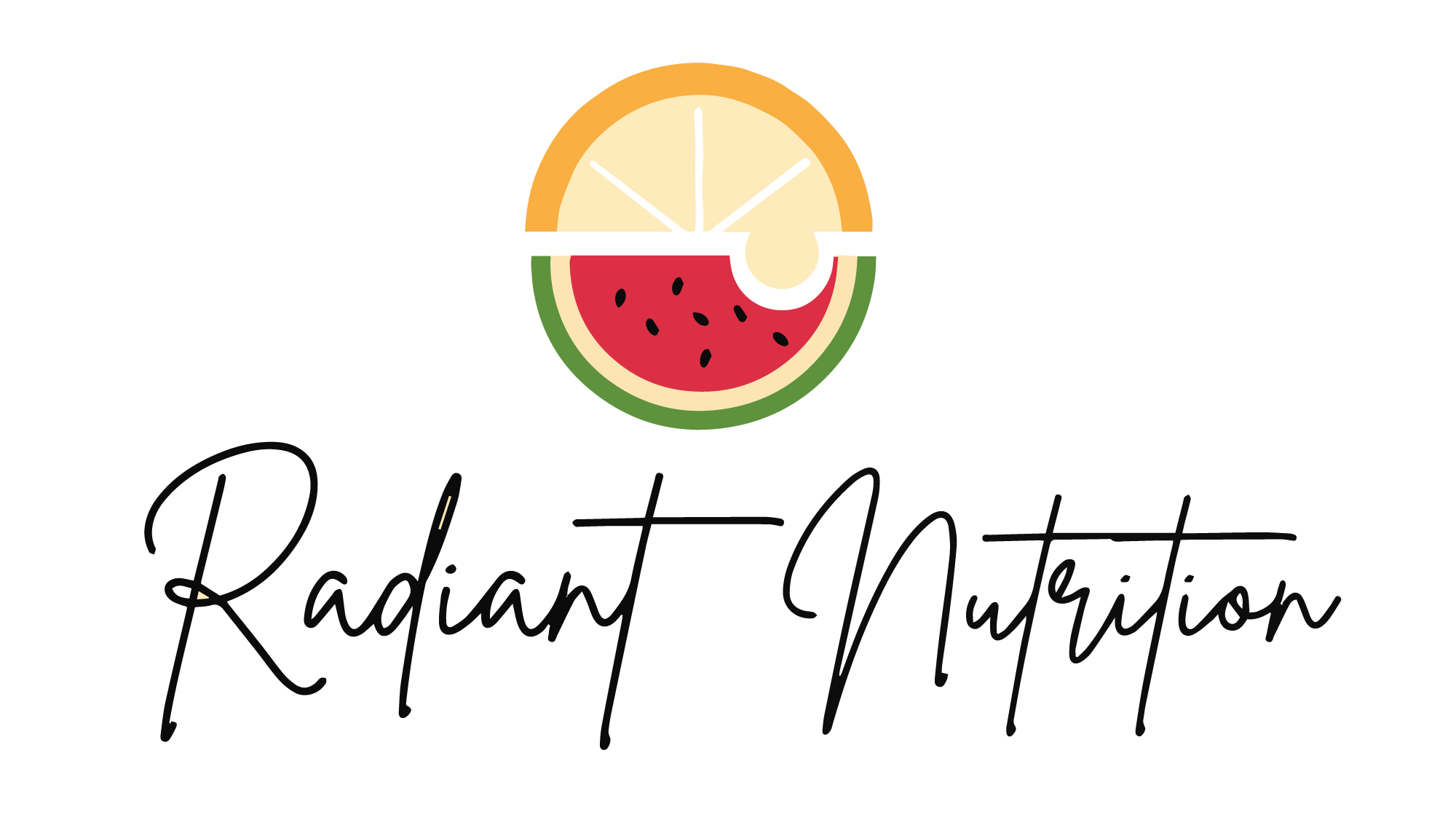The Connection Between Food & Mood
I recently read an article about “Food Mood,” and thought I would share some important things I learned! There is an abundance of research being done about the gut microbiome, the connection between the gut and your brain, and how food can affect your mental wellness, etc. Understandably, much of the research can go over people’s heads and often social media can turn the research into bits and pieces that fit a “wellness” or “influencer” agenda. Because of these issues, we’ve put the most important details to note below:
Food can bring joy, comfort, and happiness, but it can also bring distress, disease, and depression.
Mood impacts how much and what kinds of food we choose to eat.
Depression has been linked to diets low in omega-3 fatty acids. So why do omega-3 fatty acids matter so much? They are a type of polyunsaturated fatty acid (PUFA), the likes of which make up 20% of the brain’s dry weight.
Vitamin D deficiency affects the serotonin levels (happy hormone) and circadian rhythms (sleep cycle) of your body. When these are thrown off, we often feel down or depressed. This is why the winter months (particularly in rainy, cold East TN) can be such a difficult time for those who thrive off of sunshine and longer days.
Our narrative around certain foods (i.e. labeling foods good/bad), can lead us to feel stressed and down. The key to combat this is to eat nutrient-dense foods and well-rounded meals. Avoiding food groups all together is never the answer, as even the foods we label as “bad” can bring us joy and provide nutrition. Balancing out a plate of food and creating a somewhat regular routine with fueling are key to your success. We can help you with this if you need it!
Here are some nutrients and foods to consider when hitting that winter slump:
Magnesium: pepitas, avocado, chia seeds, PB, dark chocolate, spinach
Probiotics: yogurt, Sauerkraut, kefir, kimchi, kombucha, miso
Tryptophan: lean red meat, turkey, chicken, eggs, salmon, peanuts, milk
Omega-3 fatty acids: fatty fish salmon, halibut, tuna, sardines, chia, flax, and hemp seeds
Vitamin D: egg yolks, fortified milk and yogurt, mushrooms
Happiness: your favorite brownie recipe, Chinese takeout, charcuterie boards, and a fun little drink in the morning ;)
Written by Trinny Duncan, Student Intern and Peggy Pratt, PhD, RDN, LDN, CEDS-C
Katie. (2024, December 8). Food Mood - Chicago Health. Chicago Health. https://chicagohealthonline.com/food-mood-nutrition/

